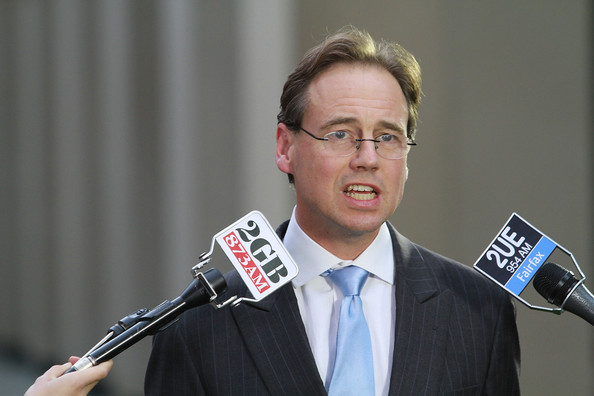
The cost of private health price rises

Prior to Sussan Ley resigning as Federal Health Minister last January, one of her best decisions in the role was to announce the formation of the Private Health Ministerial Advisory Committee.
The committee was to look at “regulatory issues that are adding to the cost of premiums and discouraging innovation”, but many claimed the committee was loaded down with lobby groups.
Fast-forward and the Federal Health portfolio is now headed by Greg Hunt, who, under direction from the Prime Minister is being asked to look for "dramatic reductions" in private health insurance price rises over the next three years and to encourage more young people into cover.
Which brings us to the “community rating” rule. Basically it’s designed to protect the old and sick from having to pay higher premiums. The only way to maintain this is to engage younger, healthier people to take out private insurance.
Twice a year health insurers spend big on advertising trying to attract new customers, particularly younger Australians. I defy anyone to find an ad for a health fund that shows older Australians, yet it's the loyalty of this co-hort that keeps private insurers afloat.
Many 20-something people sign up to these policies to avoid the loading that will be added if they wait until after 30, with the intention of upgrading later.
For many, it’s not the premium that bugs them, it’s the so-called “gap” fee that has to be forked out on top of the premium when you need to go to hospital.
I’ve recently been told by my GP that I need to undergo a procedure that will require a specialist and day surgery. Rather than ask my GP for a referral to his specialist of choice, I had a look at the Healthshare.com.au website and found a specialist in my area who has an agreement with my health fund to only charge the Medicare Schedule Fee (meaning no gap payment). Had I not reached out to my fund prior to the procedure I would not have known of this option.
Healthshare.com.au is aimed at empowering Australians to make more informed decisions about their healthcare. One of the features of the site is that it allows you to search, by item code, for the procedures you need, and find a doctor in your area who performs them with either no gap (no out-of-pocket expenses) or a ‘known gap’ (a maximum of $500).
So my tip this week is this: If your GP says you need to go to a specialist, have a chat with your insurer first. As a loyal and valued customer, you’re entitled to ask questions and it’s important to exercise this right.
Greg Hunt expects to announce changes this month ahead of insurers submitting their applications for next year's price increases. Their deadline is November 10, with increases announced in February and implemented in April.
We’ll keep an eye on what happens and let you know in upcoming newsletters. In the meantime you can get a quote with HCF, the country's biggest not-for-profit Health Fund and a Healthshare partner.
Any advice provided in this article is general in nature and does not take account of your individual circumstances, objectives or needs.

